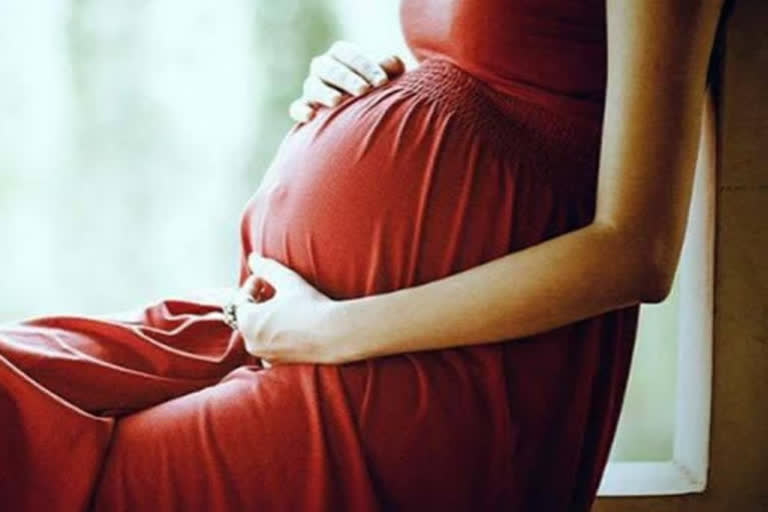New Delhi: Women who have either conceived or delivered babies in the past are not eligible to donate plasma as per the norms issued by authorities here as a certain type of antibody, which may have developed during the pregnancy, might harm the recipient in rare cases, doctors have said.
India's first plasma bank was inaugurated by Delhi Chief Minister Arvind Kejriwal at the state-run Institute of Liver and Biliary Sciences (ILBS) on Thursday.
However, strict guidelines have been issued as to who are eligible to donate plasma and who aren't, at present.
So, people aged 18-60, who have fully recovered from COVID-19 and showed no symptoms for 14 days can go for donation, subject to strict guidelines for eligible donors.
Someone weighing less than 50 kg, women who have a history of pregnancy, cancer survivors, and those with kidney, heart, lung or liver diseases are not eligible to donate plasma.
Asked why women with history of pregnancy are not eligible for it, a senior doctor at ILBS, who is part of the plasma bank team, said, when women are exposed to their baby's blood during pregnancy and delivery, they may develop Human Leukocyte Antigens (HLA) antibodies, which are directed against antigens on the white blood cells (surfaces).
"This happens as the embryo has genetic component from the father as well, so in response to this foreign element the mother's immune system generates antibodies," the doctor said.
The presence of HLA antibodies in a healthy individual's blood do not cause health problems, according to experts.
However, when HLA antibody-containing plasma is transfused, in rare cases, it may cause TRALI reaction in a transfusion recipient.
TRALI (transfusion-related acute lung injury) is an acute complication following transfusion that is characterized by severe shortness of breath, often associated with fever and low blood pressure. Although rare, it is one of the most common causes of transfusion-related death, say experts.
TRALI can occur rapidly after a blood transfusion and is often associated with the receipt of plasma or platelet products, they said.
"So, either woman with pregnancy history are not eligible to donate (if not tested), or we need to test the plasma for HLA antibodies to determine if they are present," the doctor said, adding, if found present, the plasma should not be used.
While the guidelines issued by Delhi government on plasma donation clearly says women who have ever been pregnant are not eligible to donate, there is no mention of doing prior screening in case of such women.
However, as per the Recommendations for Investigational COVID-19 Convalescent Plasma published on the website of the Food and Drug Administration (FDA) of the US government, "female donors who have not been pregnant, or female donors who have been tested since their most recent pregnancy and results interpreted as negative for HLA antibodies" are eligible to donate.
A person who has recently recovered from COVID-19, usually develops antibodies against SARS CoV 2 virus and then this is collected and transferred to a sick patient through plasma.
Each person can donate 250-500 ml of plasma. The first dosage of 250 ml is given to the recipient, and if needed second dosage of 250 ml after 24 hours can be given.
On first day of the starting of the 'plasma bank' in Delhi, ten people had donated plasma. PTI
Also read: NEET postponed to Sept 13, JEE-Mains to be held from Sept 1-6: HRD Ministry



